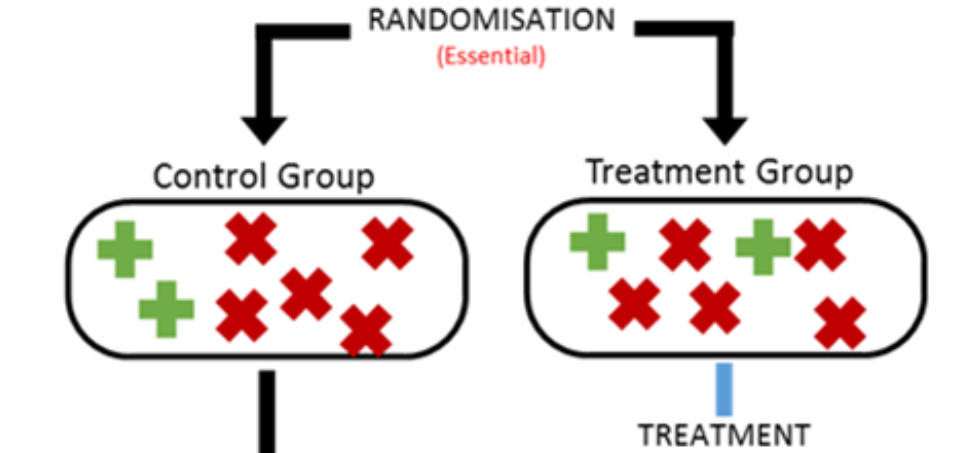About the lab & IBEX services
Each experiment, we place a group of participants in a room at a computer. Each participant is assigned their role in the experiment. Each role is connected to several tasks that are completed on the computer.
Multiple groups of participants are invited per experimental session, spread over several weeks. Each session experimenters change the rules of the game. The aim of such experiments is to determine what the causal effects of rule changes are on the decisions made by the participants.
The IBEX lab is used for research on a variety of topics. For example, to test new designs of the energy market to aid the energy transition, or decision-making experiments related to treatment methods in health care, or tenders for infrastructure. As long as there is a decision-making component that needs to be explored in a controlled environment the lab is there at your disposal.
In addition to offering complete lab services, we can also help you with recruiting subjects via our subject pool, as well as arranging (incentivized) payments for the time and effort of your subjects.
Read more about the lab in this interview with one of the initiators:

What are behavioral experiments?
Every experiment has the same setup. The researcher has a question about how a governance mechanism (a set of rules) works, and how it could improve on an important coordination problem. Or alternatively the researcher has a question about how a contextual factor influences the choices and behavior of individuals or groups.
Subsequently, the experimenter designs (at least) two treatments where subjects perform some experimental task. Subjects are then recruited and assigned to the treatments at random. Therefore, any differences in behavior or outcomes between the treatments can only be due to chance, or the small difference between the treatments.
Essentially, the behavioral experimental methodology is akin to the Randomized Controlled Trial (RCT) methodology often employed in medicine. It is a way to zoom in on specific aspects of behavior in a controlled setting.
What are behavioral experiments?
Every experiment has the same setup. The researcher has a question about how a governance mechanism (a set of rules) works, and how it could improve on an important coordination problem. Or alternatively the researcher has a question about how a contextual factor influences the choices and behavior of individuals or groups.
Subsequently, the experimenter designs (at least) two treatments where subjects perform some experimental task. Subjects are then recruited and assigned to the treatments at random. Therefore, any differences in behavior or outcomes between the treatments can only be due to chance, or the small difference between the treatments.
Essentially, the behavioral experimental methodology is akin to the Randomized Controlled Trial (RCT) methodology often employed in medicine. It is a way to zoom in on specific aspects of behavior in a controlled setting.


